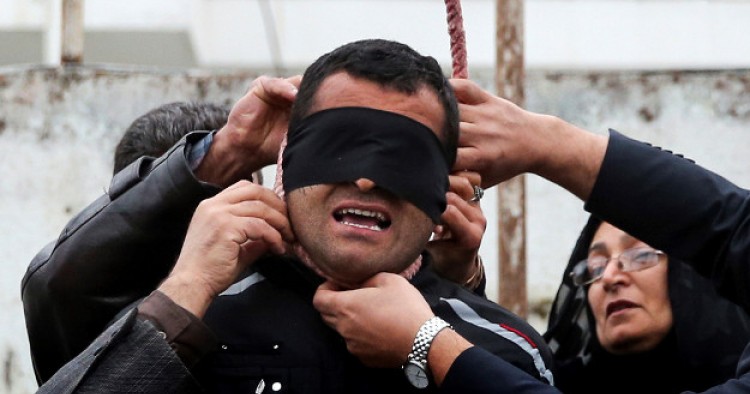The fate of a number of Iranian political prisoners who are on hunger strike is proving hugely embarrassing for Tehran. In fact, a number of Iranian politicians have been forced to come out to publicly address the question. One prominent Iranian politician, Ali Mottahari, called on the authorities to rethink the approach to political dissent. “Security and judiciary officials should stop using such procedures [imprisoning political critics].” Other politicians have asked President Hassan Rouhani to intervene after he recently unveiled a new charter to protect the “rights of citizens.” One such political prisoner, Arash Sadeqi, has been on hunger strike for 70 days. Hardline Iranian media, however, continue to charge that the likes of Sadeqi are “enemies of the state” and collaborators with foreign intelligence services.
Comment:
While the regime in Tehran is busy imprisoning political dissenters at an alarming rate, it continues to want to show to the world a softer face. President Rouhani’s recent unveiling of a “Citizens’ Rights Charter” is such an example. An attempt to demonstrate that Iranian citizens enjoy legal protective rights, the charter has been roundly dismissed by Iranians as a sham. Meanwhile, Iran’s security and intelligence services and judiciary continue to act with impunity.
The Middle East Institute (MEI) is an independent, non-partisan, non-for-profit, educational organization. It does not engage in advocacy and its scholars’ opinions are their own. MEI welcomes financial donations, but retains sole editorial control over its work and its publications reflect only the authors’ views. For a listing of MEI donors, please click here.













